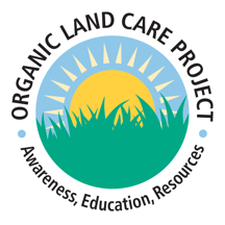The Merriam Webster dictionary defines advocacy as: “The act or process of supporting a cause or proposal.”
In the context of advocating for organic land care practices, your role as an advocate is a vital one. Community stakeholders have the power to make change when they approach their campaign with the right attitude and strategy. Staying professional and offering yourself and your group as a support system, rather than being seen as simply antagonists, is a key part of being successful.
It is important to remember that the persons whom you are approaching and asking to change policies may not have all of the knowledge in regard to the hazards of pesticide use, or the benefits of organic. Education is key. Delivering it with a kind, yet concerned attitude will go a long way to help you through the process.
Be prepared for questions and objections. Gather information. Throughout your campaign there may be some questions that you don't have an immediate answer to. That’s normal. No one expects you to be an encyclopedia. You should feel comfortable with telling decision makers that you will research that information and get back to them.
• Understand that this is a process that takes time. Be patient. Take a break if you need one. Set small, realistic goals.
• Changes in practice and policies don't happen overnight.
• Take one step at a time and know that with persistence, you can make a difference in your community.
In the context of advocating for organic land care practices, your role as an advocate is a vital one. Community stakeholders have the power to make change when they approach their campaign with the right attitude and strategy. Staying professional and offering yourself and your group as a support system, rather than being seen as simply antagonists, is a key part of being successful.
It is important to remember that the persons whom you are approaching and asking to change policies may not have all of the knowledge in regard to the hazards of pesticide use, or the benefits of organic. Education is key. Delivering it with a kind, yet concerned attitude will go a long way to help you through the process.
Be prepared for questions and objections. Gather information. Throughout your campaign there may be some questions that you don't have an immediate answer to. That’s normal. No one expects you to be an encyclopedia. You should feel comfortable with telling decision makers that you will research that information and get back to them.
• Understand that this is a process that takes time. Be patient. Take a break if you need one. Set small, realistic goals.
• Changes in practice and policies don't happen overnight.
• Take one step at a time and know that with persistence, you can make a difference in your community.


